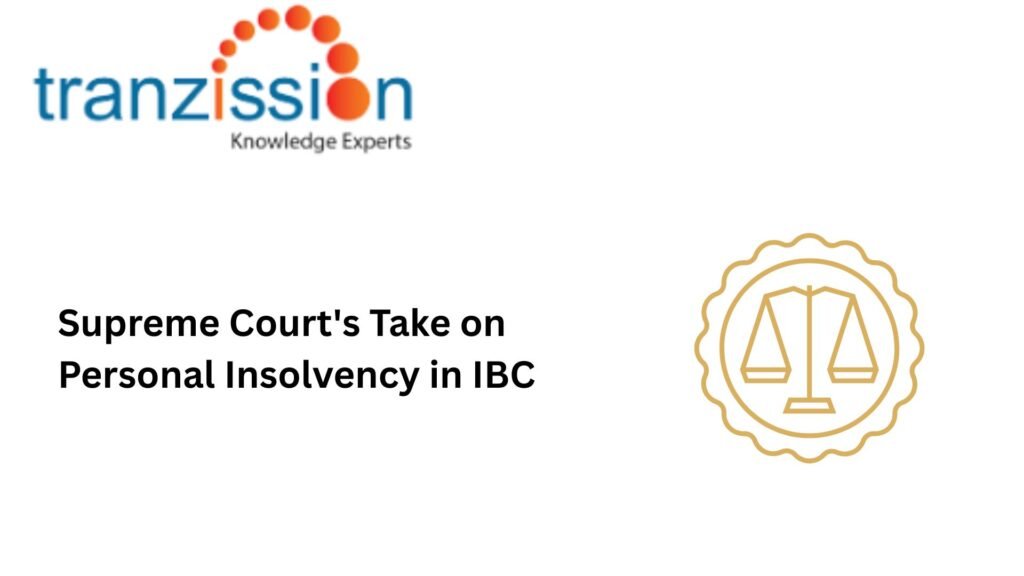Blog
Having a clear and efficient insolvency process reduces the perceived risk for foreign investors, as they are more confident about recovering their investments if a company they invest in faces financial difficulties. The Insolvency and Bankruptcy Code, 2016 (IBC) streamlines the insolvency process, leading to a quicker resolution, which positively impacts investor sentiment and encourages […]
Companies facing financial distress should be aware of all options available to them under the Insolvency and Bankruptcy Code, 2016 (“the IBC”), to potentially seek relief. Understanding the fresh start process under section 81 of IBC provides individual debtors an opportunity to restructure their debts and start on a clean slate. The introduction of Section […]
The Insolvency and Bankruptcy Code, 2016 (IBC) and the Securities and Exchange Board of India (SEBI) Act are both important pieces of legislation in India that regulate different aspects of the financial markets. There have been some conflicts between the IBC and SEBI Regulations Act, such as when the SEBI wants to recover money from […]
The success of the insolvency proceedings depends on the information submitted by the corporate debtor. By not providing updated and accurate information, the insolvency process may impede and comprise the valuation of the corporate debtor’s assets. Traditionally this has been done through a paper process, but due to the increase in technology, Information Utilities under […]
The Supreme Court’s take on personal insolvency in IBC has brought significant focus on the role of personal guarantors in insolvency law. A personal guarantor, by promising to repay corporate debts, faces substantial liabilities if corporate debtors default, putting their personal assets at risk. This interpretation under IBC highlights potential disadvantages for guarantors and raises […]
The Four Pillars of the Insolvency and Bankruptcy Code, 2016 (IBC), is a legislative framework for corporate debtors’ insolvency, bankruptcy, or liquidation. This framework consists of four pillars that have important roles during the corporate insolvency resolution process (CIRP). In this blog, we will delve into the four pillars of this institutional infrastructure and understand […]
The enactment of the Insolvency and Bankruptcy Code (IBC) in 2016 has introduced significant reforms to the insolvency framework in India. It provides an efficient mechanism for resolving distressed assets and reviving financially distressed companies. The IBC has the potential to influence mergers and acquisitions (M&A) as an attempt to revive an insolvent company. Understanding […]
Insolvency law is significantly impacted by the parties involved in the insolvency proceedings. Unfortunately, certain stakeholders may misuse the insolvency framework to benefit themselves. To prevent the abuse of insolvency law there is the doctrine of Clean Hands in Insolvency Law. By applying this doctrine, courts can prevent individuals from using insolvency laws to gain […]
Understanding Section 30 of IBC Section 30 of IBC deals with the submission of a resolution plan by resolution applicants, a potential investor, or a creditor aiming to revive a distressed company. This outlines how they manage the company’s debts and affairs if their plan is approved by the Committee of Creditors (CoC), ensuring all […]
The Insolvency and Bankruptcy Code, 2016 (IBC) has been amended multiple times to improve the process of insolvency resolution and liquidation. These Amendments are Shaping IBC have been made by the government the insolvency and the Insolvency and Bankruptcy Board of India (IBBI) to make the resolution process more efficient and ensure that creditors receive […]

